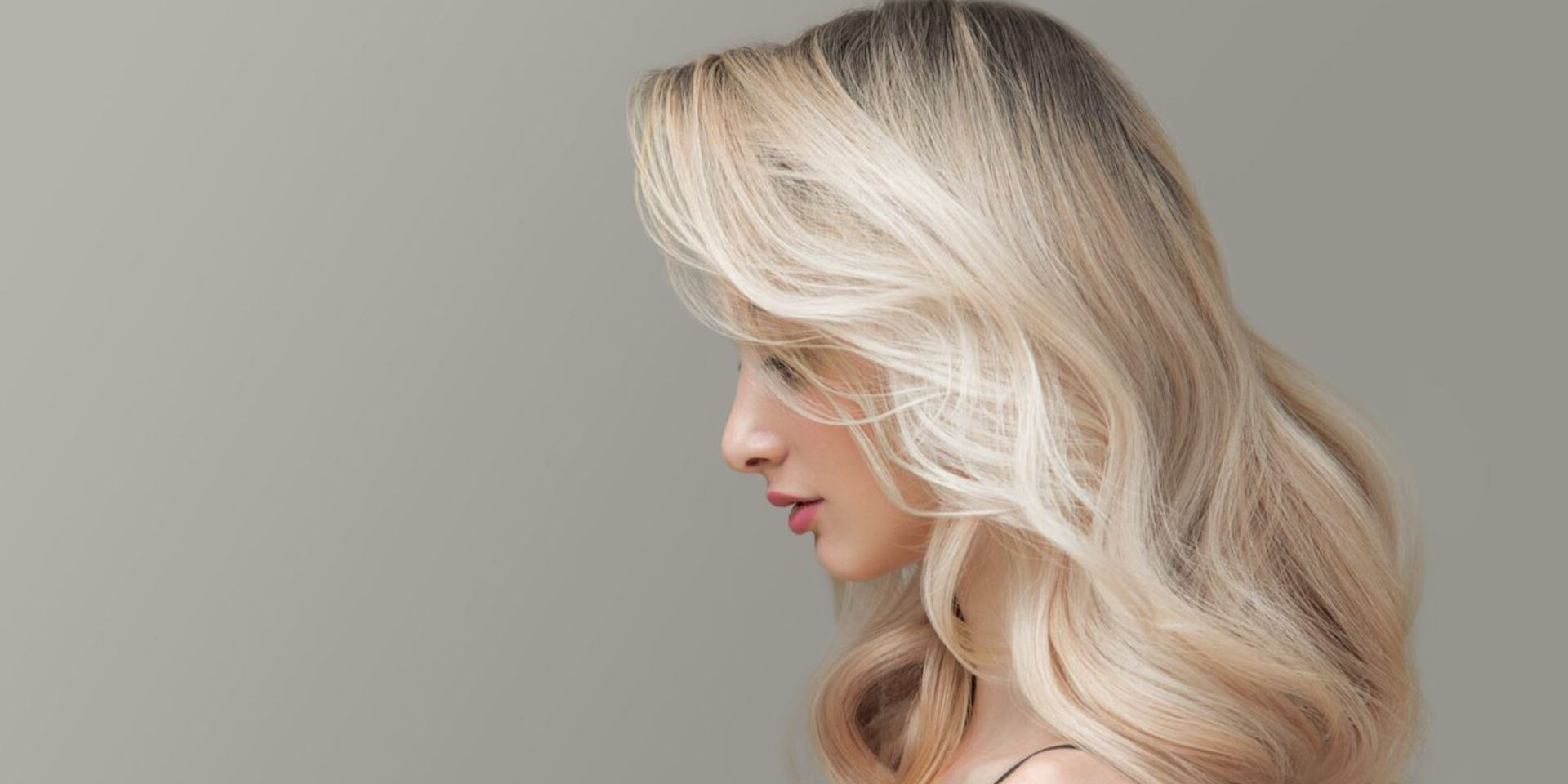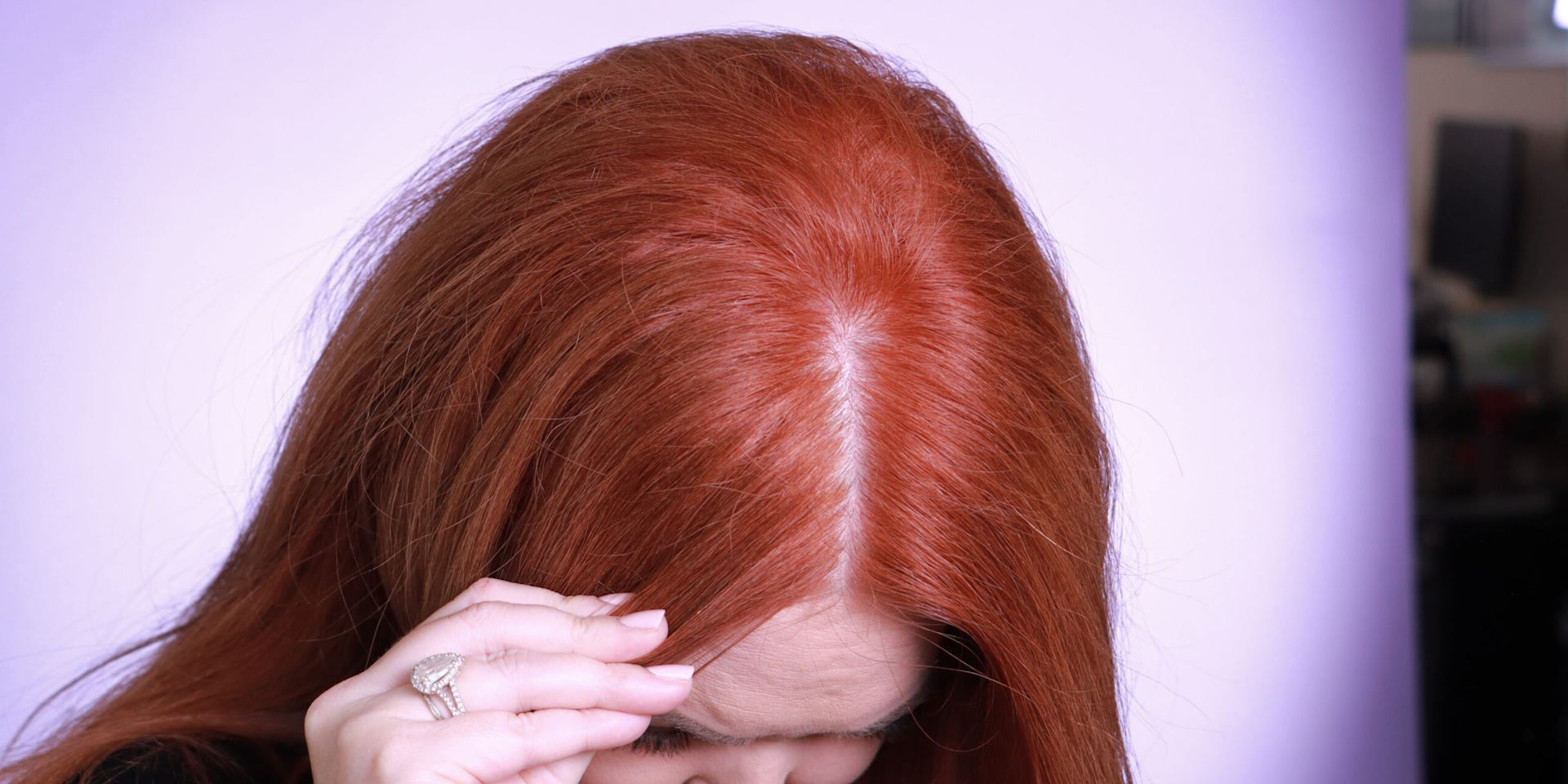Ever wonder why some people seem to have long, thick hair effortlessly while others struggle? It’s frustrating, right? You try everything from expensive shampoos to new hair masks, but still, the growth seems slow, or worse, nonexistent. It’s like you’re following all the right steps but still can’t seem to get where you want to go. Well, the truth is that hair growth is a bit more complicated than we think. From what’s happening inside your body to how you care for your hair, there are a few hidden reasons why it might not be growing as quickly as you’d like.
Nutritional Deficiencies: You Are What You Eat
Just like your body needs fuel to run, your hair needs the right nutrients to grow. If your diet is lacking in essential vitamins and minerals, it can seriously affect how well your hair grows. Think of your hair like a plant again – if it’s not getting the right food, it’s not going to grow strong.
Common nutrients for hair growth include:
| Nutrient | Why It’s Important | Foods to Include |
| Biotin | Strengthens hair and prevents breakage | Eggs, nuts, seeds, avocados |
| Iron | Promotes blood circulation to the scalp | Spinach, lentils, red meat |
| Vitamin D | Supports hair follicle health | Fatty fish, fortified cereals, eggs |
| Zinc | Helps with tissue growth and repair | Pumpkin seeds, chickpeas, oats |
| Vitamin E | Protects hair from damage and promotes growth | Almonds, spinach, sunflower seeds |
If you’re not getting enough of these nutrients, your hair might be weak, thin, or slow-growing. So, start incorporating these foods into your meals and see if your hair feels stronger over time.
Hormonal Imbalances: The Silent Culprit
Hormones control a lot of things in our bodies, and yes, that includes hair growth. If your hormones are out of balance, it could be affecting how quickly (or slowly) your hair grows. Conditions like thyroid issues, PCOS (polycystic ovary syndrome), and even pregnancy can mess with your hair.
For instance, hypothyroidism (an underactive thyroid) can cause hair to become brittle and thin. On the flip side, too much testosterone (as seen in PCOS) can lead to hair thinning or even hair loss.
Signs your hormones might be out of whack include:
- Unexplained weight gain or loss
- Fatigue
- Irregular periods (in women)
- Thinning hair or hair loss in patches
If you suspect that hormonal imbalances are affecting your hair, it’s a good idea to speak with a healthcare professional who can run tests and help you get back on track.
Scalp Health: A Healthy Scalp Equals Healthy Hair
A healthy scalp is the foundation for good hair growth. Think of your scalp like the soil in a garden. If the soil is too dry, too oily, or filled with debris, your plants won’t grow as well. The same goes for your hair.
Scalp conditions like dandruff, oily buildup, or clogged pores can all prevent hair from growing properly. It’s essential to keep your scalp clean and balanced to promote healthy hair growth.
Tips for maintaining scalp health:
- Avoid over-washing: While it’s tempting to wash your hair every day, doing so can strip your scalp of natural oils. Try washing your hair 2-3 times a week instead.
- Use a gentle shampoo: Harsh chemicals can irritate your scalp. Look for shampoos with natural ingredients that clean without drying out your scalp.
- Massage your scalp: Regular scalp massages can improve circulation, which helps your hair follicles get the nutrients they need for growth.
If your scalp is healthy, your hair will have the best chance of thriving.
Stress: The Silent Hair Killer
Have you ever noticed how your hair seems to thin out or fall more easily during stressful times? That’s because stress can trigger a type of hair loss called telogen effluvium, which causes your hair to enter the shedding phase prematurely.
Stress affects your body in many ways, and hair growth is one of the things that can suffer. It can cause hair to become brittle or stop growing altogether.
How to manage stress for better hair health:
- Exercise regularly: Physical activity helps reduce stress and improves blood flow to your scalp.
- Practice relaxation techniques: Yoga, meditation, or deep breathing exercises can lower your stress levels.
- Prioritize sleep: Poor sleep can make stress worse. Aim for 7-9 hours of quality sleep each night.
Taking steps to manage your stress levels can help reduce hair shedding and give your hair the best chance to grow back stronger.
Excessive Hair Manipulation: Less Is More
Are you constantly styling your hair, applying heat, or pulling it back into tight hairstyles? Over-manipulating your hair can lead to breakage and slow down growth. It’s like trying to pull a plant out of the ground every day to see if it’s growing – it’s going to cause damage!
Hair practices that can slow growth:
- Excessive heat styling: Flat irons, curling irons, and blow-drying can weaken hair over time.
- Tight hairstyles: Constantly pulling your hair into tight ponytails or braids can lead to hair breakage or even traction alopecia (hair loss caused by tension on the scalp).
- Chemical treatments: Coloring, bleaching, or perming your hair regularly can lead to damage and slow growth.
Instead, give your hair a break. Limit the use of heat and chemical treatments, and opt for loose hairstyles that don’t put too much pressure on your strands. Your hair will thank you!







